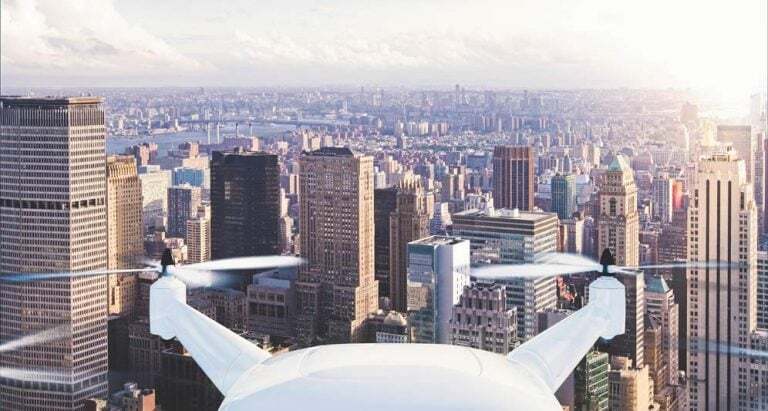FAA Regulations
Two major FAA regulations are obstacles to the use of autonomous UAV technology: Beyond Visual Line of Sight (BVLOS) flight, and Detect and Avoidance (DAA). The BVLOS regulation states that a pilot must keep the UAV in visual line of sight at all times while in flight, thus preventing the possible of any autonomous or remotely directed flights.4 The FAA recognizes this regulation needs to be relaxed for the continued advancement of autonomous UAV technology. However, crash avoidance technologies such as Detect and Avoidance would need to be further developed and tested in order for the FAA to authorize autonomous UAV flights. With manned aircraft, a fail-safe is already built in with a human pilot being able to “see and avoid” if necessary. With unmanned aircraft, the pilot is on the ground or, in the case of autonomous UAVs, there is no pilot at all to “see and avoid” and take evasive action. Currently, “sense and avoid” technology is being developed to allow UAVs to talk to each other and sense and avoid when other aircraft come to close.5 To help the technology move forward, the FAA has already granted several exemptions to Amazon to develop technology and methods so they can make their autonomous “Prime Air” deliveries a reality. Police might be able to gain similar allowances if they join others to advocate for an expansion of these exemptions for public safety testing and deployment.










